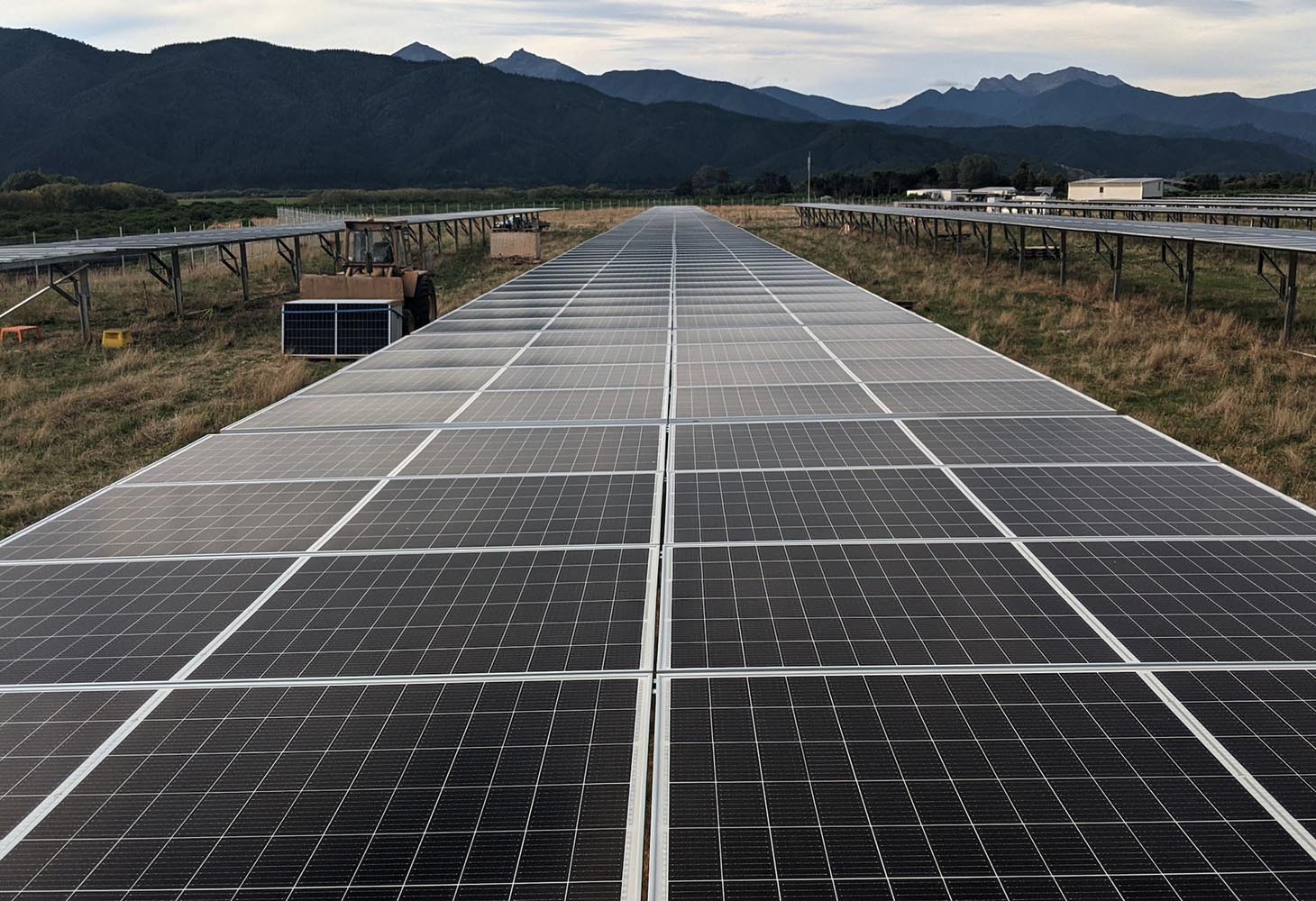
New Zealand and BlackRock launch Renewable Energy Fund
New Zealand’s government has partnered with BlackRock, a global investment giant, to introduce a NZD2 billion (USD1.19 billion) climate infrastructure fund. This initiative aims to make New Zealand one of the pioneering countries to achieve 100% renewable electricity.
The fund’s primary objective is to bolster New Zealand’s transition to a fully renewable electricity system. By doing so, the nation hopes to underscore its position as a climate leader, highlighting the vast economic potential that comes with such a commitment. The collaboration with BlackRock, a significant player in climate infrastructure and clean technology investments, amplifies the fund’s potential impact.
Chris Hipkins, the prime minister, expressed his enthusiasm about the fund during an announcement in Auckland. He emphasised the importance of this initiative, stating it showcases New Zealand’s ambitious climate goals and their potential economic benefits. Hipkins also highlighted the urgency of addressing climate change, referencing recent natural disasters as stark reminders.
Megan Woods, minister of energy and resources, echoed Hipkins’ sentiments. She pointed out that with New Zealand’s impressive track record in renewable electricity generation, the country is well on its way to becoming one of the first to have a completely renewable electricity system. The partnership with BlackRock is expected to accelerate this transition, drawing in more investments in clean technology.
The fund will focus on technologies such as battery storage, wind and solar generation, green hydrogen production, and expanding electric vehicle (EV) charging infrastructure across New Zealand. Additionally, the initiative will attract investments from Crown companies, superannuation funds, and private sector funds, further speeding up the nation’s shift to renewable energy.
In conclusion, New Zealand’s collaboration with BlackRock signifies a significant step towards a sustainable future. The fund not only aims to reduce the country’s carbon footprint but also promises economic growth and job creation in the renewable energy sector.













